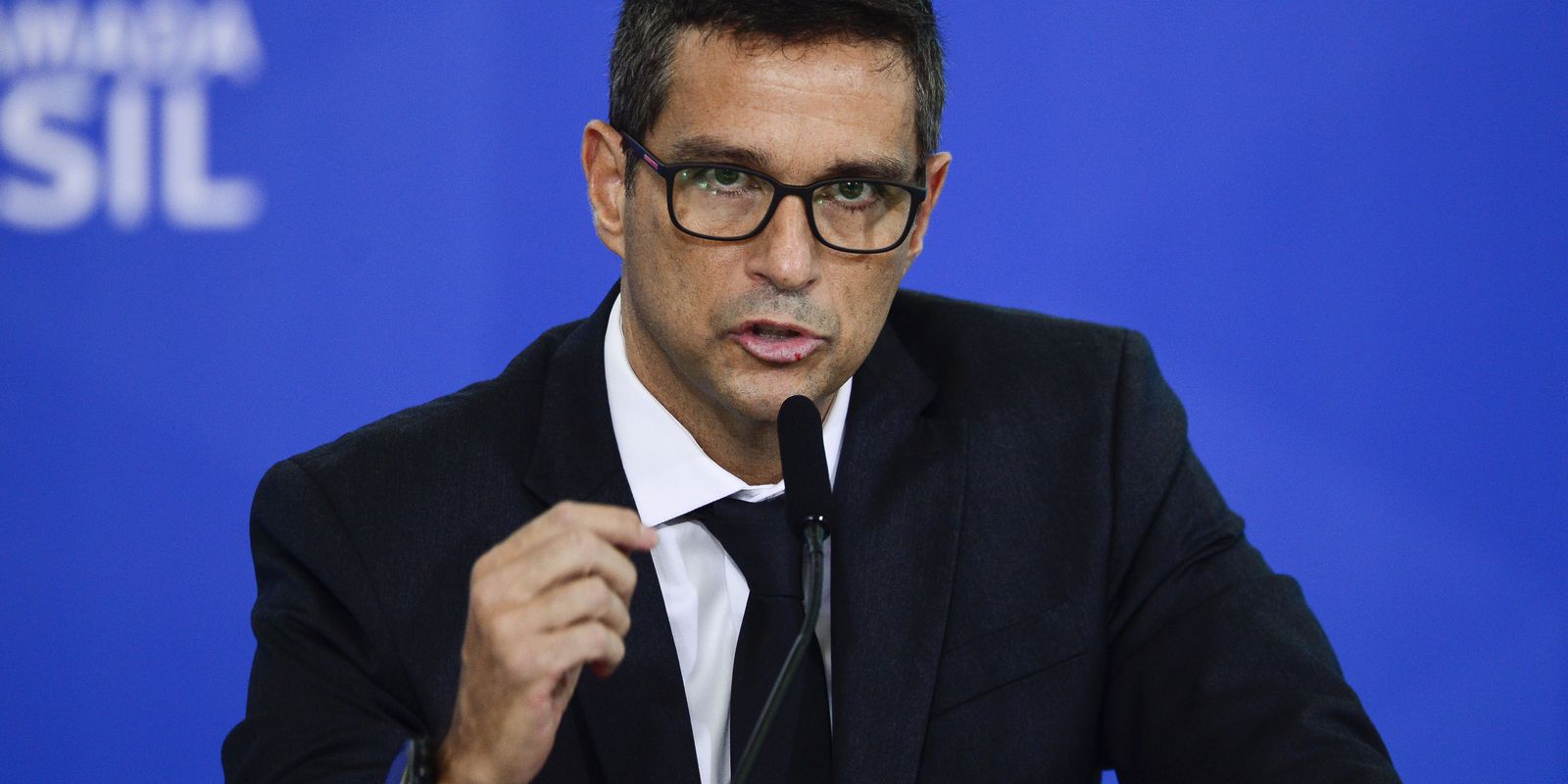The future of interest rates in Brazil will depend on the extent of the effects of the war between Russia and Ukraine and any other shocks on inflation, said today (7) the president of the Central Bank (BC), Roberto Campos Neto. At an event hosted by an investment firm, he declared that the conflict in Eastern Europe had brought an additional challenge to monetary policy.
“Looking at the long part of the curve and the longer inflation expectations, there is a certain consensus that we are on the right track. Calibration always depends on the extent of the shock. We have talked a lot about this in recent Copom meetings [Comitê de Política Monetária]”, he said.
According to Campos Neto, even if the war ends in the short term, the planet will continue to face challenges for a long time. Among the problems, he cited the redivision of global value chains, a problem that has persisted since the Covid-19 pandemic, and the split between democratic countries and countries with other regimes.
At the last Copom meeting, the BC had announced that it would raise the Selic rate (basic interest rates for the economy) by 1 percentage point at the May meeting, to 12.75% per year. However, Campos Neto has said, in recent events, that the autarchy could promote an additional increase in June, if the international shocks – external factors that put pressure on inflation – continue.
Campos Neto said that inflation is “taking off a lot” from the target, with great spread among items whose prices are rising. He pointed out that core inflation (a measure that excludes the components with greater volatility) is also on the rise, which indicates persistence of price indices.
“We have been concerned about being proactive in this regard, conveying a message that the Central Bank has the instruments to act,” he said.
Energy
Despite acknowledging that core inflation remains high, the BC president said that they are “a little more well-behaved”. He, however, said that recent events will reduce pressure on prices, such as the end of tariff flags in the electricity bills, announced yesterday (6) by President Jair Bolsonaro after the improvement in the level of the reservoirs of the hydroelectric plants.
For Campos Neto, the main problem in the coming months should be the global inflationary pressure. He recalled that the United States recorded the highest inflation in 40 years, with the US consumer price index around 8% in the 12-month period and with core inflation around 6.5%.
Exchange
Regarding the recent appreciation of the real, the BC president said that the fall in the dollar in Brazil was influenced by the rapid rise in interest rates in recent months, by the improvement in short-term collection and by the increase in the international price of commodities (primary goods with International). He also mentioned the increase in investments by foreign companies in Brazil.
Regarding the elections, Campos Neto said that, despite the uncertainties, the limitations imposed by the electoral legislation and the Fiscal Responsibility Law will make public spending more or less controlled. “Because it is an election year, we have entered a phase where nothing else can be done. The electoral law does not allow this. The short-term fiscal is more or less pre-determined,” he explained.
According to the BC president, the market’s estimate for economic growth may be revised upwards. According to the Focus bulletin, a weekly survey by the BC, financial institutions predict a 0.5% expansion of the Gross Domestic Product (GDP, sum of the wealth produced in the country) in 2022. In the latest Inflation Report, released at the end of March, the monetary authority projected growth of 1%.
Strike
Campos Neto also commented on the strike by BC servers. He said he expects a quick solution to the movement, so that stalled projects can be resumed. “We now have the issue of the strike, which we hope to address soon. We need to move forward with these projects. These are important projects for society,” he declared.
On strike for an indefinite period since the 1st, BC servers ask for a 26.3% readjustment and career restructuring. The meeting on Tuesday (5) between the strikers and representatives of the Ministry of Economy ended without an agreement.









